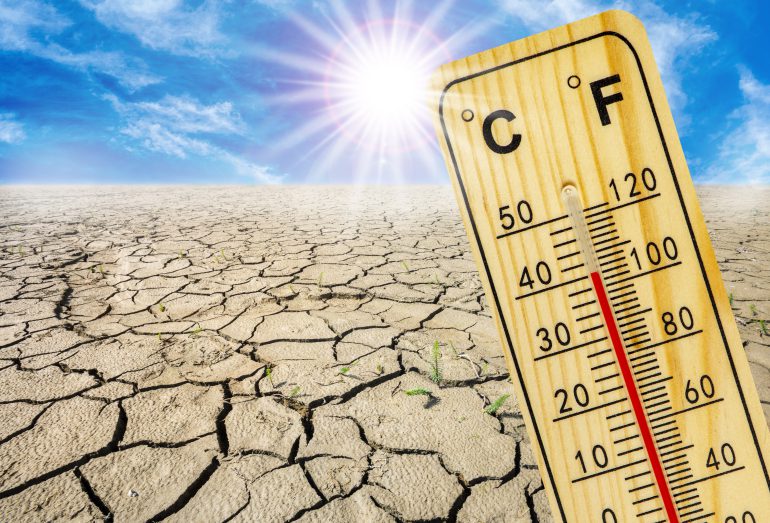When the plains of Serengeti dried up – it was too far for us to fathom. When typhoons and torrential rainfall caused havoc in Philippines and Haiti – it was too exotic for us to care. When the millions-of-years-old glacial ice started melting with record speed – it was too unreal for us to believe.
For the longest of times, scientists have struggled to convince people of the ongoing climate change and its adverse effects. It is always something happening in far-off lands, events that seem too far and wide in between to be seen as part of a phenomenon. But not anymore. For the last three decades, the accelerating effects of climate change all around Europe. Temperatures all over the continent have gone up by +0.5 degrees Celsius per decade. Alpine glaciers have lost 30 meters in ice thickness, resulting in floods downriver, including in the Netherlands and Belgium. The melting ice in Greenland is causing the sea levels to rise.
Climate change in the Netherlands
We don’t have to look too far, nor very far back in time. The frequency and intensity of natural disasters in the Netherlands is more than enough to believe in the reality of climate change: it is happening all around us.
Floods
In July 2021, the south of Limburg received more than 150 millimeters of rain in just two days causing the streams and river to overflow. The floods displaced 700 families, damaged 2300 households and cost over 400 million euros in damages. Nearby areas in Belgium and Germany were even worse hit, with several people being killed by the water.
Heatwaves
Globally, in last 130 years, the average temperature has risen by 1 degree Celsius. In the Netherlands, however, the increase in temperature is 1.7 degrees!
Heatwaves have become more frequent and intense. The worst in recent memory, in 2019, pushed the thermostat to over 40 degrees Celsius, causing 400 deaths in the country. The Royal Netherlands Metrological Institute (KNMI) has been keeping records of the weather phenomena for the last 121 years. In that time 30 heatwaves have been recorded – 21 of which occurred in the last 21 years, with five of them in last three years alone, with 2018 and 2019 having two heatwaves in one year.
Droughts
As a country that feared drowning for the longest of times and has had to take vast measures to prevent flooding, the Netherlands has been facing water shortages and multiple years-long droughts in 2018, 2019 and 2020. July 2018 became officially the driest year since the measurements started – drier than the infamous 1976. The lack of precipitation not only threatens crops, but is also resulting in cracking of dykes.
The famous wooden stakes that support Amsterdam houses are rotting due to severe drought, putting at risk thousands of homes, as well as the Rijksmuseum. The cost of rescuing these buildings: about 100 billion euros.
On 2 August this year, the Dutch government officially declared a water shortage in the country. Farmers were told not to spray crops with water and many small ferries couldn’t operate due to low water levels. Shipping on the major rivers was delayed and nature areas were suffering because toxins could not be drained from the soil.
Climate change is expensive
Not so secretly, climate change is driving inflation. Failing crops all over the world are driving up food prices. The damage caused to infrastructure by flooding and extreme heat, and the fact that workers are less productive in hot weather, leads to supply-chain breakdowns. Dairy and meat prices go up as maintaining the health of farm animals becomes increasingly difficult with the shortage of grain caused by droughts. Furthermore, according to the UN, more than a third of world’s agricultural land is no longer usable due to persistent drought, heatwaves and unsustainable farming methods.
Dutch climate policy
Climate change is happening as we speak, and is affecting us every day on macro and micro levels. It is no surprise that the Netherlands has signed the Paris Agreement and is part of the plans like “Fit for 55”. The authorities are also cracking down on big corporations, forcing them to reduce their greenhouse gas emissions – one of the reasons Shell left the Netherlands. But climate change is a global problem and should be solved worldwide. Still, whether something will happen as a result of these conferences and debates is yet to be seen.
Written by Priyanka Sharma
